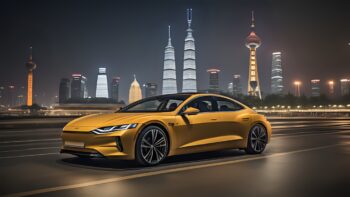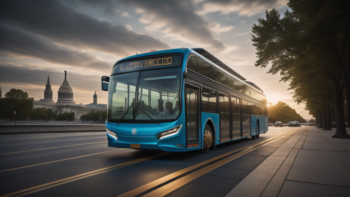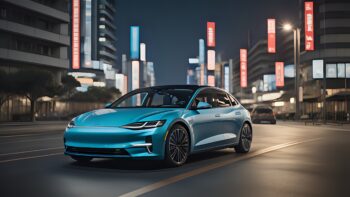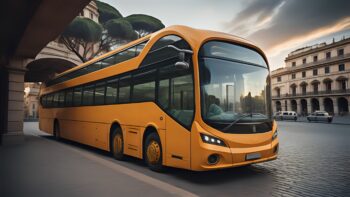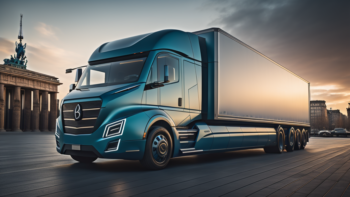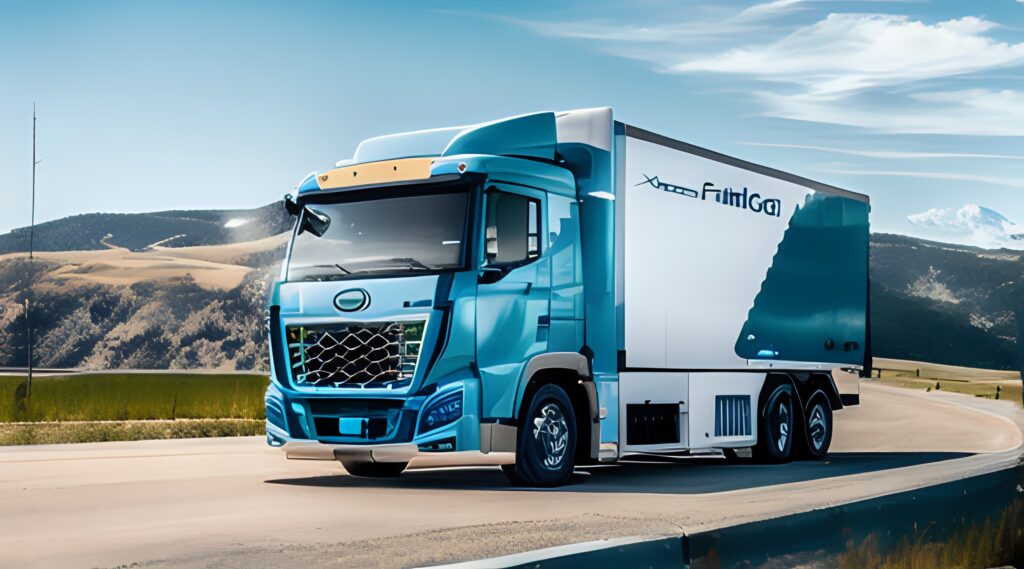
Electric Fuel Cell Trucks
Listing Category by product
Electric fuel cell truck manufacturers
Globally, FEVC truck manufacturers are driving the evolution of sustainable freight transport. Their expertise lies in crafting trucks fueled by hydrogen cells, aimed at minimizing emissions and decreasing reliance on traditional fuels. These industry leaders prioritize refining fuel cell technology to boost efficiency, extend range, and enhance payload capabilities, rendering electric trucks suitable for extensive and heavy-duty operations. Through substantial investments in hydrogen infrastructure and ongoing innovations in truck design, they spearhead the shift towards eco-friendly transportation solutions, ushering in a new era of environmentally conscious logistics practices worldwide.
Worldwide market for fuel cell trucks
The market for FEVC trucks is rapidly evolving as industries seek sustainable alternatives to traditional diesel-powered vehicles. With a growing emphasis on reducing carbon emissions and mitigating climate change, those vehicles have emerged as a promising solution for freight transportation. Major players in the automotive and logistics sectors are investing in the development and deployment of FEVC trucks, driving innovation and market growth. Government incentives and regulations promoting clean energy adoption further stimulate market demand. As infrastructure for hydrogen refueling expands, those vehicles are ready to revolutionize the logistics industry, offering zero-emission solutions for long-haul transportation needs.
FEVC trucks – battery technology
FEVC trucks utilize batteries as part of their energy storage system, alongside hydrogen fuel cells. These batteries, typically lithium-ion, provide additional power for acceleration and operate in conjunction with the fuel cell stack. While smaller in size compared to batteries in battery electric vehicles, they play a critical role in enhancing overall efficiency and performance. Advanced battery management systems optimize battery usage, ensuring seamless integration with the electric drivetrain. Additionally, batteries provide backup power during periods of high demand or when hydrogen refueling stations are unavailable, enhancing the reliability of those electruc fuel cell vehicles.
Integration of electric drive-train for fuel cell trucks
FEVC trucks feature electric drive trains that convert electrical energy generated by hydrogen fuel cells into mechanical energy to propel the vehicle. These drive-trains typically include electric motors and power electronics, delivering torque to the wheels for motion. Regenerative braking systems capture kinetic energy during deceleration, converting it into electrical energy for storage or immediate use. With advancements in electric drive-train technology, electric fuel cell trucks offer improved efficiency, reliability, and sustainability compared to traditional diesel trucks. As awareness of environmental impacts grows, electric fuel cell trucks are becoming increasingly favored for their role in driving the transition to greener transportation solutions.
FEVC Process
FEVC trucks utilize hydrogen fuel cells to generate electricity for propulsion. Hydrogen gas stored onboard is fed into the fuel cell stack, where it reacts with oxygen from the air. This chemical reaction generates electricity, which powers the electric motor. The motor then converts this electrical energy into mechanical energy, propelling the truck forward. Unlike traditional diesel trucks, electric fuel cell trucks produce zero emissions at the point of use, with only water vapor as a byproduct. This makes them a promising solution for reducing greenhouse gas emissions and improving air quality in urban areas.



